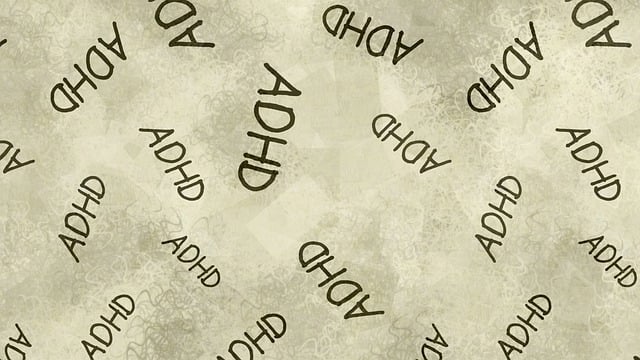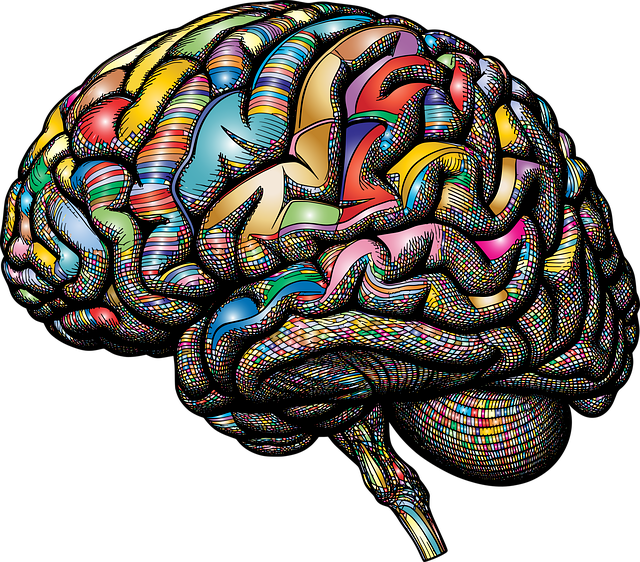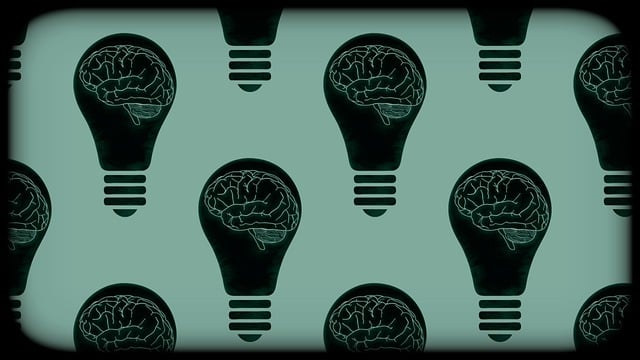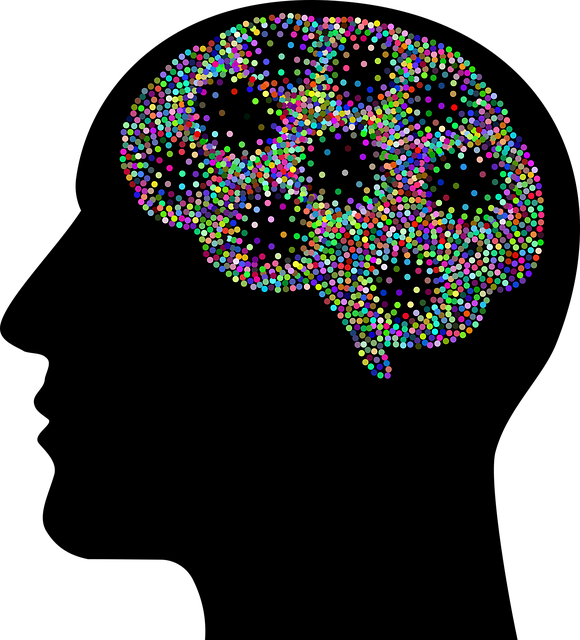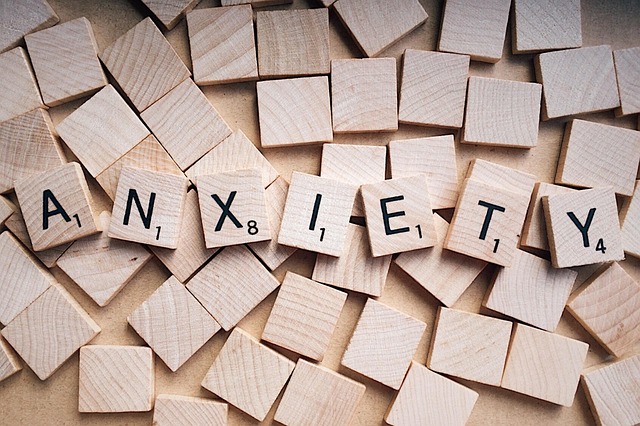Children's Adjustment Disorder (CAD) arises from stressful events, causing emotional and behavioral issues. Early intervention through therapy, particularly Cognitive Behavioral Therapy (CBT), is key to building inner strength. Effective approaches include play therapy, art therapy, and group sessions focused on stress management. A multi-faceted approach supports mental well-being: structured routines, open communication, and parent coaching programs reduce the need for professional therapy in managing CAD.
Stress reduction methods are crucial in addressing Children’s Adjustment Disorder (CAD), a condition impacting their emotional well-being. This article delves into effective strategies to mitigate stress and enhance mental health, focusing on both therapeutic approaches and practical tips for parents and caregivers. We explore how specialized therapy, such as cognitive-behavioral therapy, can help children cope with CAD, alongside tangible techniques to foster resilience and tranquility in their daily lives.
- Understanding Children's Adjustment Disorder and its Impact
- Exploring Effective Therapy Approaches for Stress Reduction
- Practical Strategies for Parents and Caregivers to Support Children's Mental Well-being
Understanding Children's Adjustment Disorder and its Impact

Children’s Adjustment Disorder (CAD) is a mental health condition that can significantly impact a child’s overall well-being and development. It often arises due to stressful or traumatic events, such as parental divorce, chronic illness, or severe changes in environment. CAD manifests in various ways, including emotional disturbances, behavioural issues, and difficulties in adapting to everyday situations. Symptoms may include intense anger, anxiety, depression, and withdrawal from social interactions. Understanding this disorder is crucial for parents, caregivers, and educators to provide the necessary support.
The impact of CAD can be profound, affecting academic performance, peer relationships, and family dynamics. Early intervention through therapy is essential to foster inner strength development in children. Techniques like cognitive-behavioural therapy (CBT) help them manage emotions, improve coping strategies, and enhance problem-solving skills. Mental health policy analysis and advocacy play a vital role in ensuring access to quality therapy for CAD, as well as promoting awareness and understanding of the disorder among healthcare professionals and the general public. Effective communication strategies can also facilitate support networks, enabling children with CAD to navigate challenges and build resilience.
Exploring Effective Therapy Approaches for Stress Reduction

Exploring effective therapy approaches is a vital step in managing and reducing stress, especially for individuals dealing with conditions like Children Adjustment Disorder (CAD). Therapy provides a safe space to process emotions and develop healthy coping mechanisms. Cognitive Behavioral Therapy (CBT), a popular and evidence-based method, teaches individuals how to identify and change negative thought patterns contributing to stress. This approach empowers people to manage their responses to stressful situations more effectively.
For children with CAD, play therapy or art therapy can be particularly beneficial tools for emotional regulation. These therapeutic methods allow young clients to express themselves creatively and explore their feelings in a non-threatening manner. In addition, group therapy sessions focused on stress management techniques within a supportive environment can foster peer connections and teach valuable skills for coping with life’s challenges.
Practical Strategies for Parents and Caregivers to Support Children's Mental Well-being

Supporting children’s mental well-being is a multifaceted task for parents and caregivers, especially in navigating challenges like Adjustment Disorder. Practical strategies can significantly impact a child’s resilience and overall mental health. One effective approach involves incorporating structured routines and consistent boundaries, which provide a sense of security and predictability. This includes setting regular sleep schedules, meal times, and play routines, ensuring these activities are free from electronic device distractions.
Additionally, fostering open communication is vital. Encouraging children to express their feelings and experiences through age-appropriate conversations or creative outlets like art and writing can help them process emotions. Parents can also benefit from Mental Wellness Coaching Programs Development to learn effective Communication Strategies tailored to different age groups. Engaging in these programs equips caregivers with the skills to actively listen, validate their child’s emotions, and guide them towards healthy coping mechanisms, potentially reducing the need for therapy for children with Adjustment Disorder or similar mental health concerns.
In addressing children’s adjustment disorder, a holistic approach combining effective therapy and practical strategies from parents and caregivers is essential. By exploring tailored therapy approaches for stress reduction, such as cognitive-behavioral therapy and mindfulness techniques, we can significantly enhance a child’s mental well-being. Implementing these evidence-based methods not only supports their recovery but also empowers them to navigate life’s challenges with resilience and tranquility.
